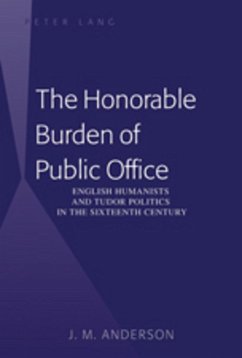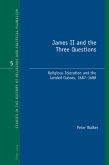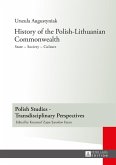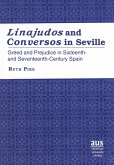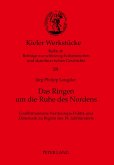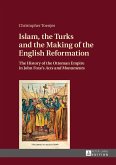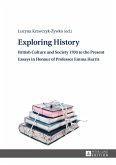The Honorable Burden of Public Office traces the rise of civic humanism in England through the lives and careers of six prominent Elizabethans - John Cheke, Walter Haddon, Thomas Wilson, Thomas Smith, Nicholas Bacon, and William Cecil. It not only recreates the network of intricate relationships and activities that reshaped Elizabethan political culture, it explores the connections between English humanism and the Continental Renaissance, and it shows the development of England's emerging classical culture within a broader European context. A solid, detailed, and original scholarly work based on extensive archival research, The Honorable Burden of Public Office demonstrates how the integration of ideas and actions transformed politics and society in the sixteenth century.
«For some time scholars have posited the importance of a humanist education to those 'trained to rule' in early-modern Britain. With these rich, thoughtful case studies of John Cheke, Walter Haddon, Thomas Wilson, Thomas Smith, Nicholas Bacon, and William Cecil, J. M. Anderson has made the tangible connections between what these 'civic' humanists read, learned, and taught and their activities as political actors in early-modern England. In doing so, Anderson offers a valuable analysis of Tudor political culture from Henry VIII through Elizabeth I that should interest historians of the period and specialists in political thought and cultural studies.» (John Cramsie, Fellow of the Royal Historical Society)

